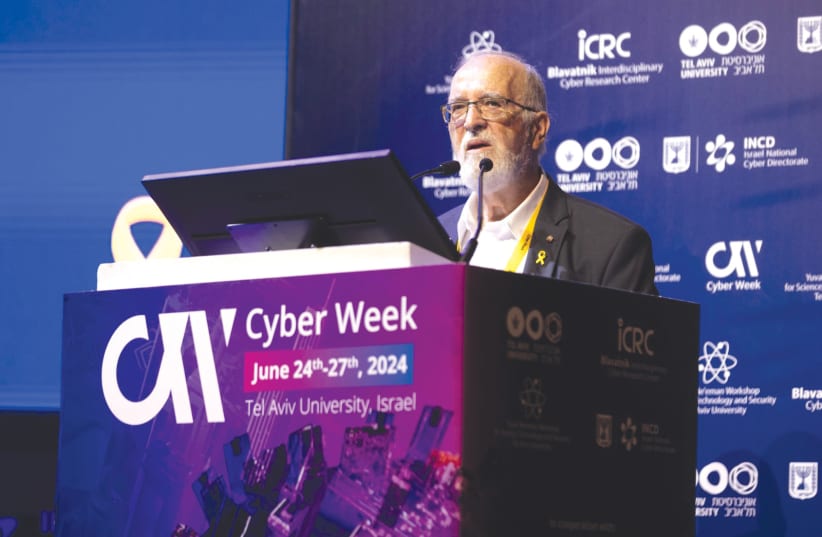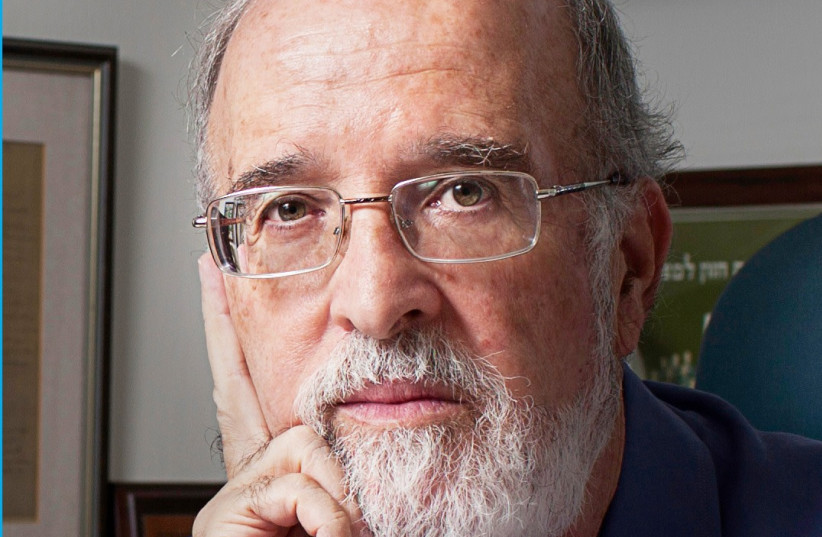The major takeaway from the Gaza war is that the State of Israel has neglected an essential part of the cyber field. We must develop technologies to combat the spread of fake news. A major lesson we should derive from October 7 and the Gaza war is what professionals refer to as “cyber influence.” Typically, when people talk about a cyberattack, they mean causing damage to computer systems to inflict physical harm, disable electricity, prevent access to websites, and similar disruptions. Israel is well-prepared for these types of attacks. Despite all the rockets, missiles, and drones launched at us over the past eight months, we have not experienced successful cyberattacks, thanks to our preparedness.
However, when it comes to the spread of fake news and influencing public opinion through cyber networks and social media, we are experiencing a catastrophe. A war that began with a murderous attack by Hamas has devolved into a situation where we are accused worldwide of various crimes against humanity. Fake news is being spread through technological means and we can and should address that.
How can we address it?
Cyber has several dimensions. One is obtaining information through network infiltration. The second is intruding into computers, not for information but to access the systems they monitor. The third is using computers and communication networks, not for information or physical damage but to influence public opinion. The dimension of such influence has always been underestimated. As a result, fake news spreads and many people cannot discern that it is cyber-generated unless they make significant efforts to check.
Imagine if every message you received on social media platforms such as TikTok, Facebook, and Instagram came with a small traffic light icon indicating whether it had been verified or found to be distributed by a bot or an automated network rather than a person.
How should Israel combat fake news?
The State of Israel needs to develop automated technologies to combat the spread of fake news and influence operations, which have become a significant aspect of warfare, including psychological warfare. This is now evident in the Gaza war. It is an area Israel has completely neglected. We should not be afraid to develop methods to protect ourselves from fake news and disinformation online. While no solution is absolute, that does not mean we should sit back and do nothing.
This week, the annual Cyber and AI Week conference has been taking place at Tel Aviv University in collaboration with the Israel National Cyber Directorate. Despite the ongoing war, many dozens of the best cybersecurity experts from around the world will physically come to Israel to participate in the conference, which is a significant achievement these days.
The writer is the director of the Blavatnik Interdisciplinary Cyber Research Center at Tel Aviv University and chairman of Cyber and AI Week, this week at TAU.

